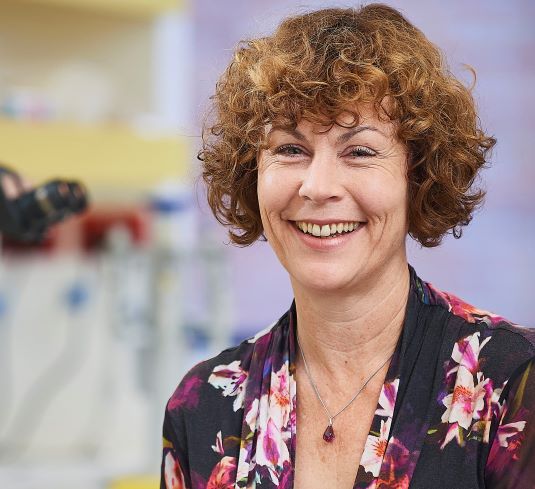Melinda (Lindy) Fitzgerald
|
Professor of Neurotrauma, Curtin University, Australia
Melinda Fitzgerald is the Associate Deputy Vice Chancellor, Research at Curtin University, John Curtin Distinguished Professor and CEO of Connectivity Traumatic Brain Injury Australia.
Prof Fitzgerald leads a team of researchers and post-graduate students in research focused around understanding and preventing the loss of function that occurs following neurotrauma. Her team uses a range of innovative approaches to understand what happens in the brain following injury and designs and tests treatment strategies to limit the damage. She is leading the AUS-TBI and AUS-mTBI national consortia aiming to design and deliver the informatics approaches for predicting outcome following moderate to severe and mild TBI. In her role as Associate Deputy Vice Chancellor, Research Prof Fitzgerald has responsibility for the portfolios of higher degree research and research success, for researchers at all career stages at Curtin University. |
Predicting Outcomes Following TBI: The AUS-TBI and AUS-mTBI Initiatives
Traumatic brain injury (TBI) can occur from a range of causes including road traffic crashes, falls, during sports, and from violence. Each year in Australia, 190,000–200,000 TBI occur, of which ~180,000 are mild TBI, including concussion. Moderate to severe TBI can be devastating for those affected. Even mild TBI can have long-lasting negative impacts on individuals, their families, and society. Management of people with TBI is hindered by poor prediction of those at risk of delayed recovery and the inability to personalise care at the level of the individual.
The AUS-mTBI consortium are building sustainable digital platforms to facilitate collection of mild TBI data from across Australia. We are leveraging and substantially expanding the HeadCheck application (app) into multi-faceted online platforms (apps and computer based website) to collect potentially predictive data elements, determine predictors of optimal outcomes and validate and trial improved recommendations for care.
The AUS-TBI consortium are designing an approach to collect potentially predictive indicators of long term outcomes in moderate to severe TBI, in the domains of social, health, biological, clinical and intervention. Data management systems are being designed to facilitate secure data collection, linkage, storage, management and analysis, to facilitate personalisation of care at the level of the individual and ultimately improve outcomes for people with TBI.
The AUS-mTBI consortium are building sustainable digital platforms to facilitate collection of mild TBI data from across Australia. We are leveraging and substantially expanding the HeadCheck application (app) into multi-faceted online platforms (apps and computer based website) to collect potentially predictive data elements, determine predictors of optimal outcomes and validate and trial improved recommendations for care.
The AUS-TBI consortium are designing an approach to collect potentially predictive indicators of long term outcomes in moderate to severe TBI, in the domains of social, health, biological, clinical and intervention. Data management systems are being designed to facilitate secure data collection, linkage, storage, management and analysis, to facilitate personalisation of care at the level of the individual and ultimately improve outcomes for people with TBI.



